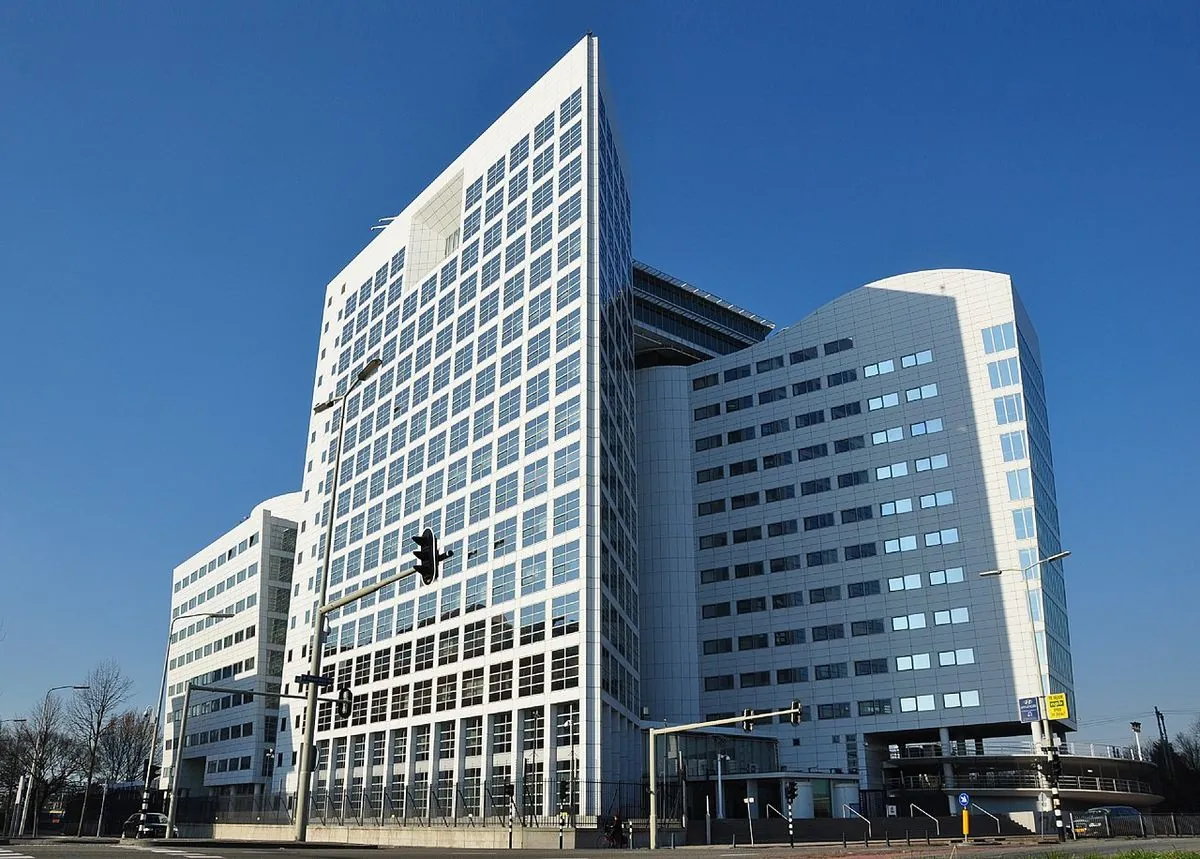ICC shocks world with arrest warrants for Netanyahu and Hamas leaders
International Criminal Court makes unprecedented move by issuing arrest warrants for Israeli PM Netanyahu and Hamas commander. Decision splits global community as some nations pledge to enforce warrants while others reject them

The International Criminal Court made a ground-breaking decision this fall - issuing arrest warrants for both Benjamin Netanyahu and Hamas commander Ibrahim al-Masri (whos believed to be dead) The warrants address actions from last years October attack and the following military response in Gaza
Today is a dark day in the history of humanity‚ the international court in The Hague which was invented in order to protect humanity has become today the enemy of humanity
Israeli officials showed strong disagreement with multiple high-ranking members speaking against the decision. Former Defence Minister Yoav Gallant and President Isaac Herzog both rejected the courts authority; while Security Minister Itamar Ben-Gvir labeled it as anti-semitic
Hamas representatives took an opposite stance: their official statement demanded more investigations of Israeli leaders. The Palestinian Authority expressed support too
- White House rejected the courts decision
- EU members must follow Rome Statute rules
- Turkey called it a hopeful step
- South Africa welcomed the move
- Canada stated it would respect international law
Legal experts point out this is the first time in ICCʼs two-decade history that pro-Western officials face indictment. Human rights groups see it as a break-through moment showing no-one is above the law (even though implementation might be challenging)
The global reaction created clear divide between nations - while European Union members are legally bound to enforce the warrants many Western allies dont support this move. Middle Eastern and African countries mostly backed the courts decision





























